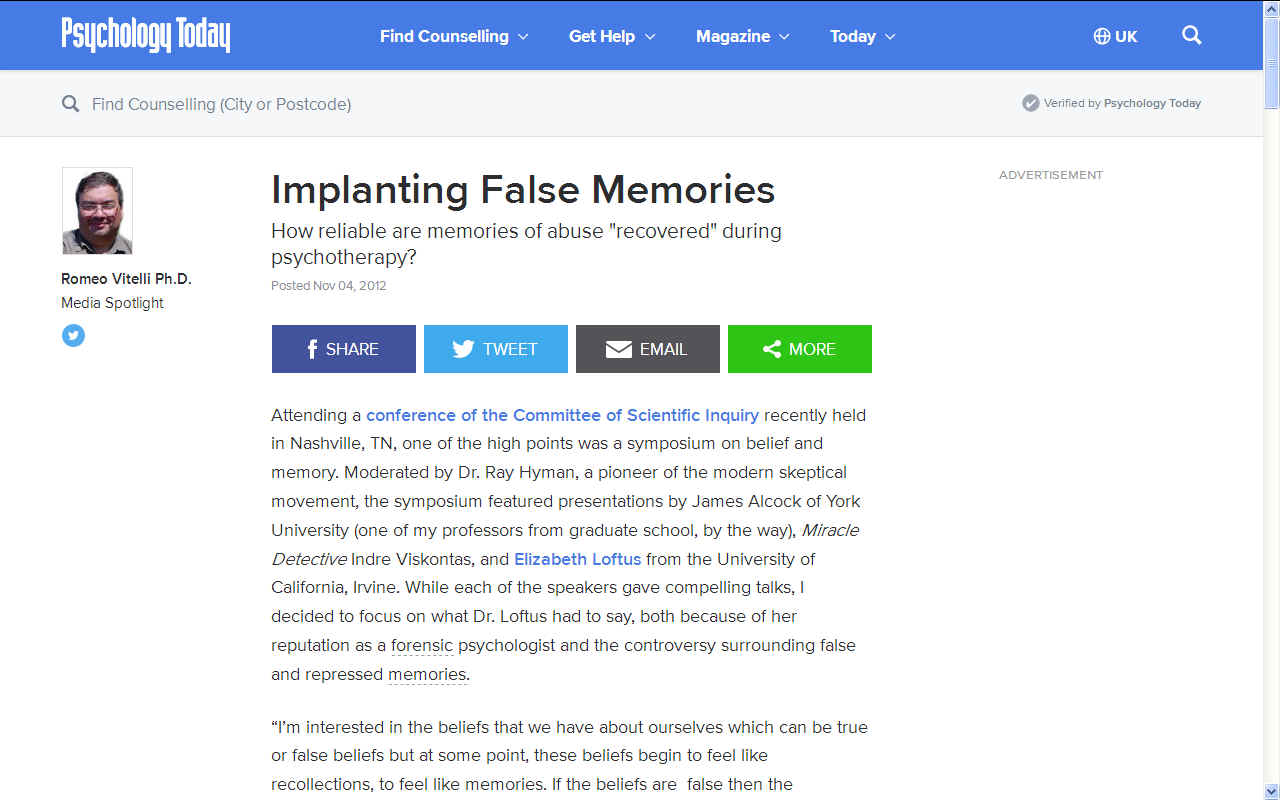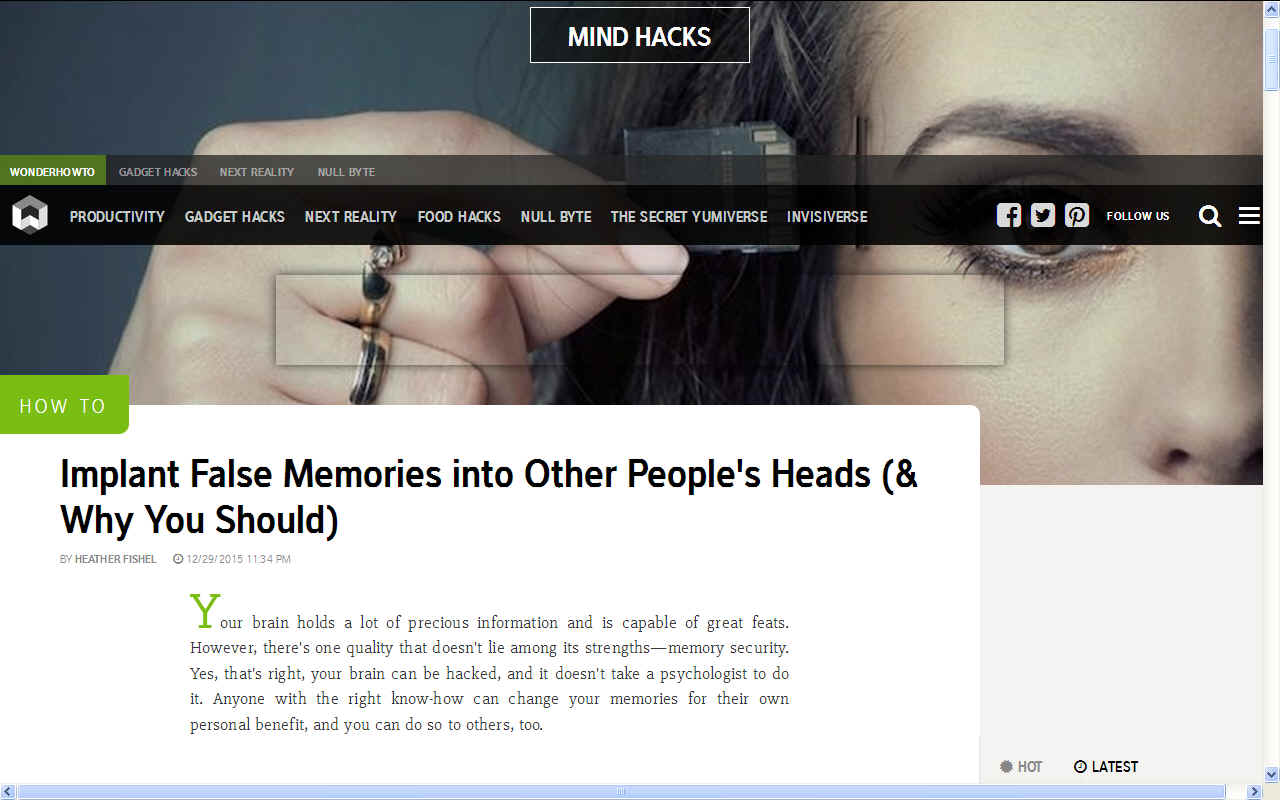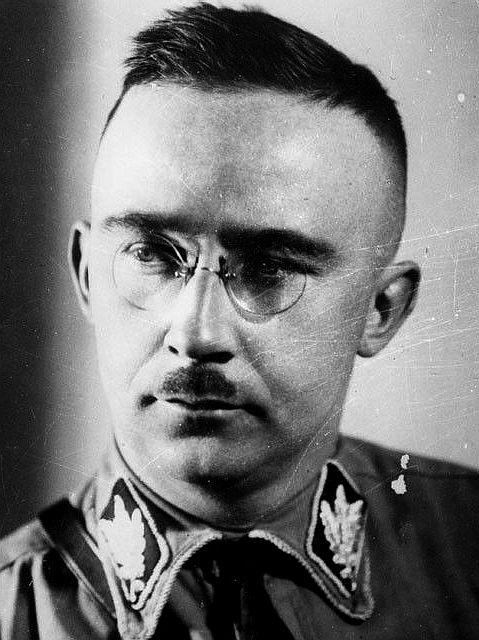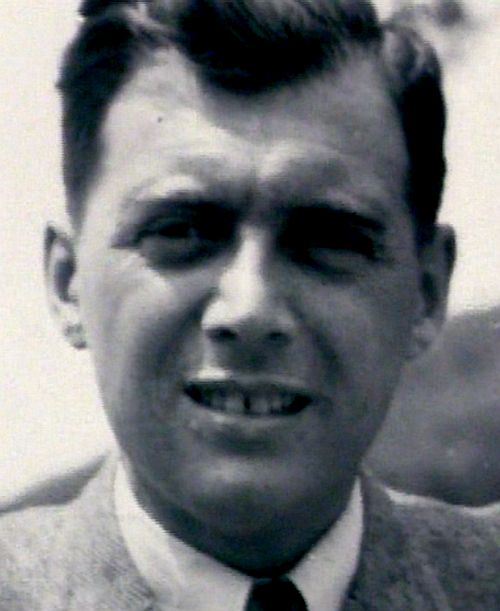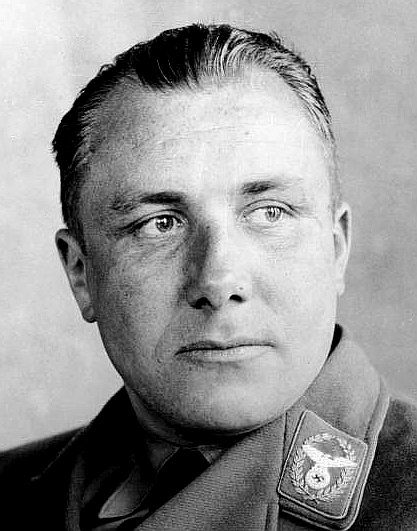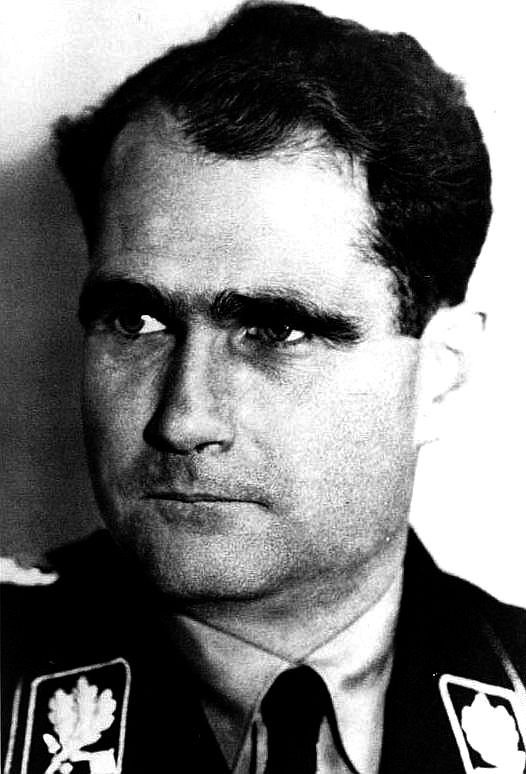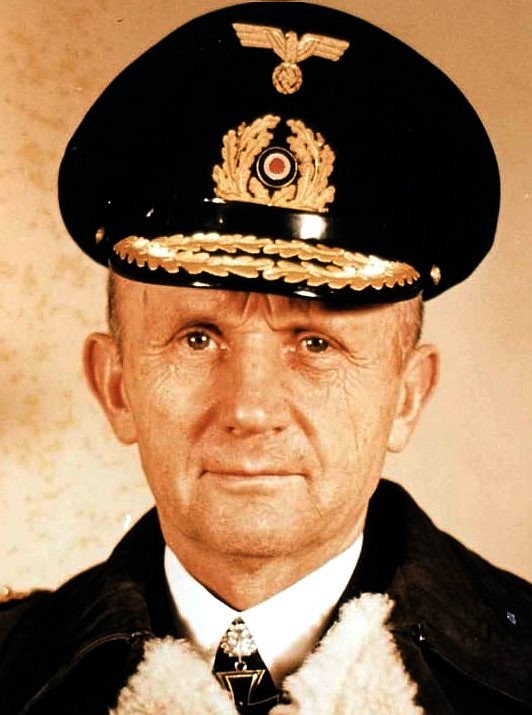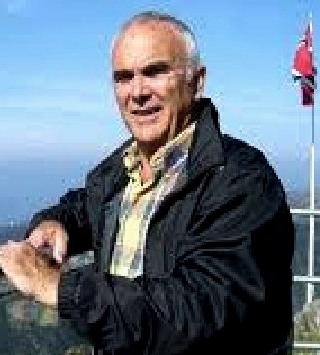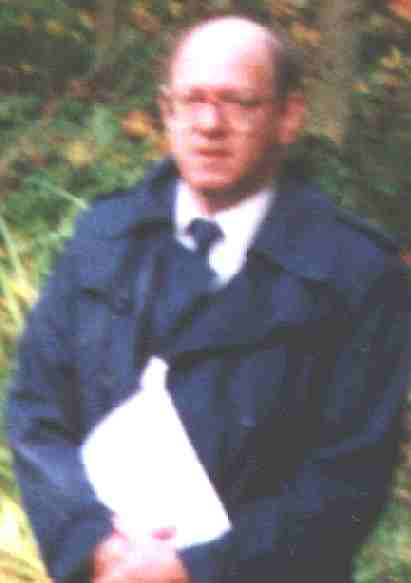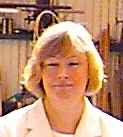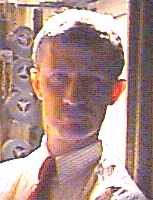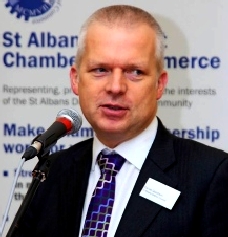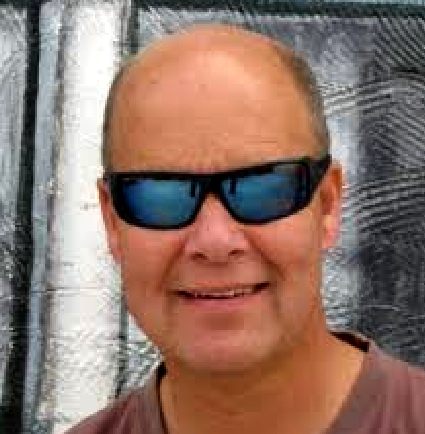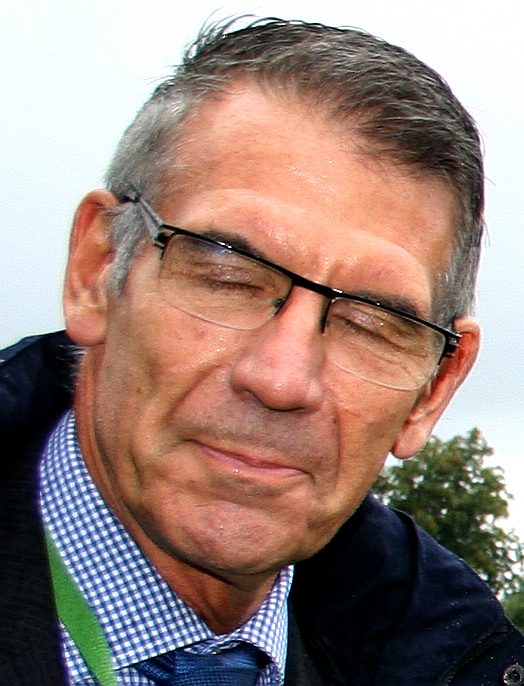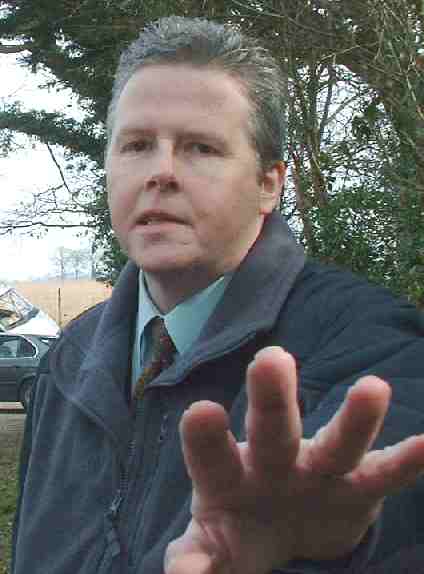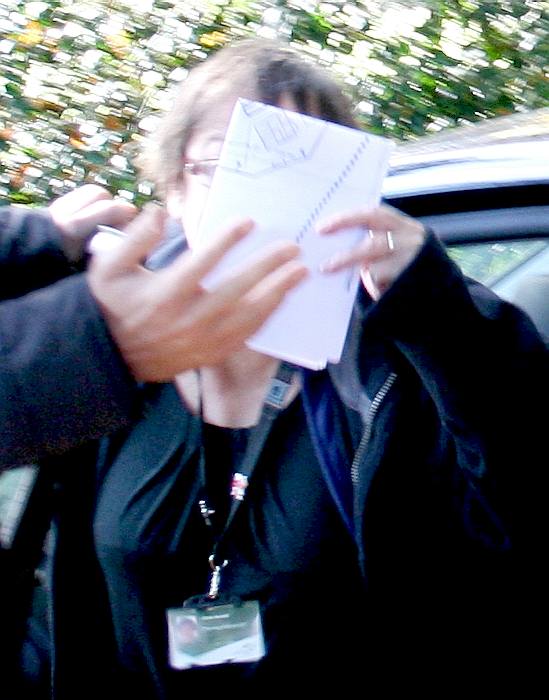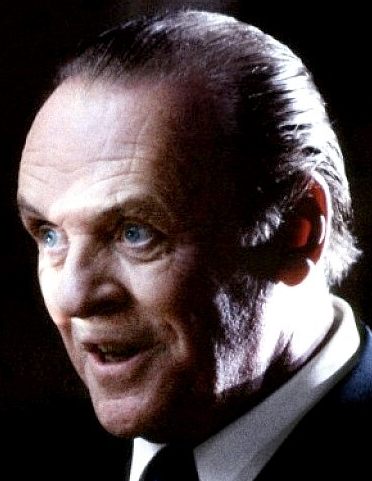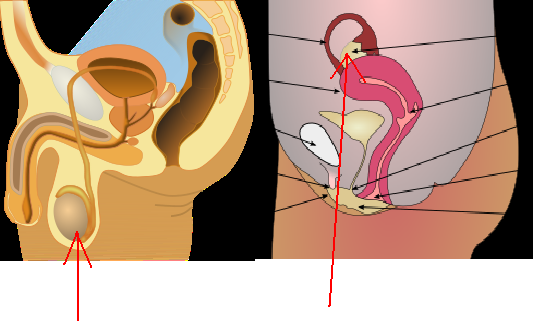|
SCREEN MEMORIES
|
||||||||||||||||||||||||||||||
|
BOLLOCKS - a recollection of early childhood that may be falsely recalled or magnified in importance and that masks another memory of deep emotional significance is of course bollocks. Social services and the police frequently suggest scenarios to complainants to help them get a story to the point where it may be believed. It does not help an innocent man to prove his case where a so-called expert is prepared to deceive the court (actually the Jury because the courts are corrupt). Where the Sexual Offences Act 2003 denies any person accused of a sex crime a fair hearing, we would have expected Sussex police to instruct a genuine expert such as Elizabeth Carter. But of course this force is known to be corrupt and working with Wealden District Council after refusing to investigate 12 complaints of malfeasance in public office from the 1997 petition. Melanie Liebenberg may have known the Community Psychiatric Nurse (CPN) helping her daughter to fabricate a believable story by hiding her work diary in the loft of her house. This may have been on the suggestion of the investigating officers including Gordon Staker, James Hookway and Jo Pinyoun, where it appears that they had read the defendant's dairies and noticed that the CPN had urged her then fiancee to send her and her daughter Valentines Day cards, but that these were later used against him to gain a conviction along with the junk science being put forward by Dr Liebenberg. It is also highly suspicious to say the least, that barrister Julian Dale and solicitor Timothy Stirmey (Cramp & Co), failed to use the evidence of these entries provided to them in a well presented bundle - spelling rather more of a conspiracy than any Jury could possibly have imagined.
Screen memories are not real, they are implanted suggestions that a subject merges with real memories to help them deal with traumatic experiences more easily.
Loftus tested the viability of memory hacking again when she asked study participants to share childhood memories. Once again, when Loftus prompted her participants to remember events that never occurred, the individuals responded by agreeing with her altered version of their own memories. In fact, they offered even more false information, claiming they could recall the names of stores, siblings, and other details who were with them when the fake memories "happened."
According to a Psychology Today interview with Dr. Elizabeth Loftus, a psychologist from the University of California, Irvine, planting a faked memory or story in another's brain is all about the way you tell it.
Why, with all of their precious memories and stockpiles of information, are our brains so easy to hack? With the slightest suggestion, our memories no longer become our own but rather ones we've created based on others' suggestions.
It sounds mean to mess with your friends' minds and implant completely false memories of situations that may never have occurred. But what if your memory tweaks had the potential to do good?
LINKS & REFERENCE
http://articles.latimes.com/1994-05-14/news/mn-57614_1_false-memories http://en.wikipedia.org/wiki/Elizabeth_Loftus http://www.mindbodygreen.com/0-11467/13-small-choices-that-can-change-your-life-in-great-ways.html http://www.wired.com/2011/10/how-friends-ruin-memory-the-social-conformity-effect/ https://www.psychologytoday.com/gb/blog/media-spotlight/201211/implanting-false-memories https://mind-hacks.wonderhowto.com/how-to/implant-false-memories-into-other-peoples-heads-why-you-should-0164661/ https://www.merriam-webster.com/dictionary/screen%20memory
BOGUS REGIME 1939 TO 1945
CIVIL SERVANTS INVESTIGATED FOR POSSIBLE ISSUES 1983 TO 2018
Abbott Trevor - Alcock Charmain - Ditto - Arnold Chris (Christine) - Barakchizadeh Lesley - Paul Barker - Bending Christopher Black Julian - Boakes Beverley - Bradshaw Clifford - Brigginshaw Marina - Brown Ashley - Coffey Patrick - Douglas Sheelagh Dowsett Timothy - Flemming Mike - Forder Ralph - Garrett Martyn - Goodwin Daniel - Henham J - Holness Derek Hoy Thomas - Johnson Geoff - Kavanagh Geoff - Kay Ian - Kay I. M. - Barbara Kingsford - Lant Charles - Mercer Richard Mileman Niall - Moon Craig - Moss Douglas, J. - Nuttall Christine - Pettigrew Rex - Phillips David - Scarpa Victorio - Scott Trevor Kevin Stewart - Wakeford Michael. - Whibley David - White, George - Williams Kelvin - Wilson Kenneth - White Steve
HOME | AFFORDABLE | CLIMATE | DEVELOPERS | ECONOMY | FLOOD | HISTORY | HOMES LADDER | MORALS | POVERTY | PROPERTY | SLAVERY | TAXES | SLUMS | VALUATIONS | WEALTH
|
||||||||||||||||||||||||||||||
|
|

